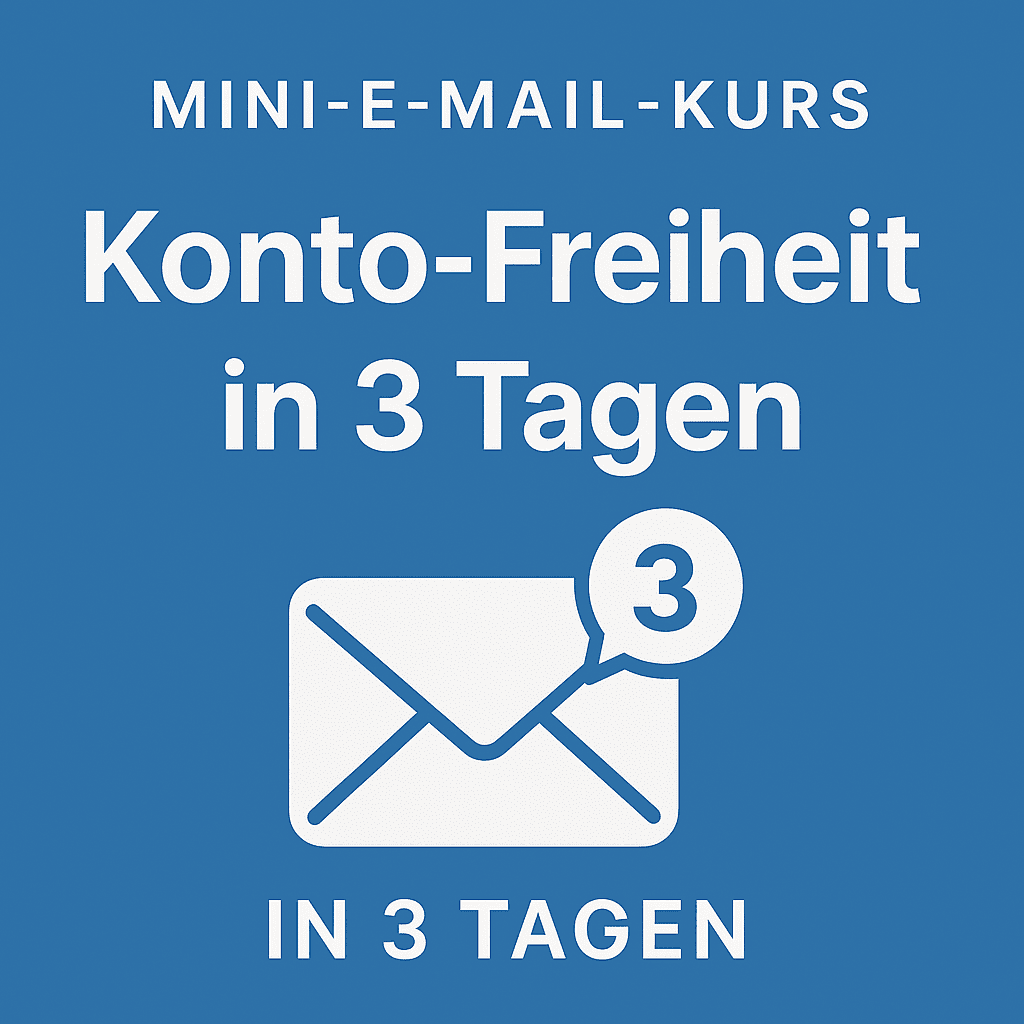Controlled institutional access to category-defining, exact-match domains shaping decentralized bank accounts, self-custody and tokenized financial infrastructure.
This portfolio is not publicly marketed. Access is granted selectively to institutions with a confirmed mandate and long-term strategic intent. Exclusively for global tier-one institutions.



